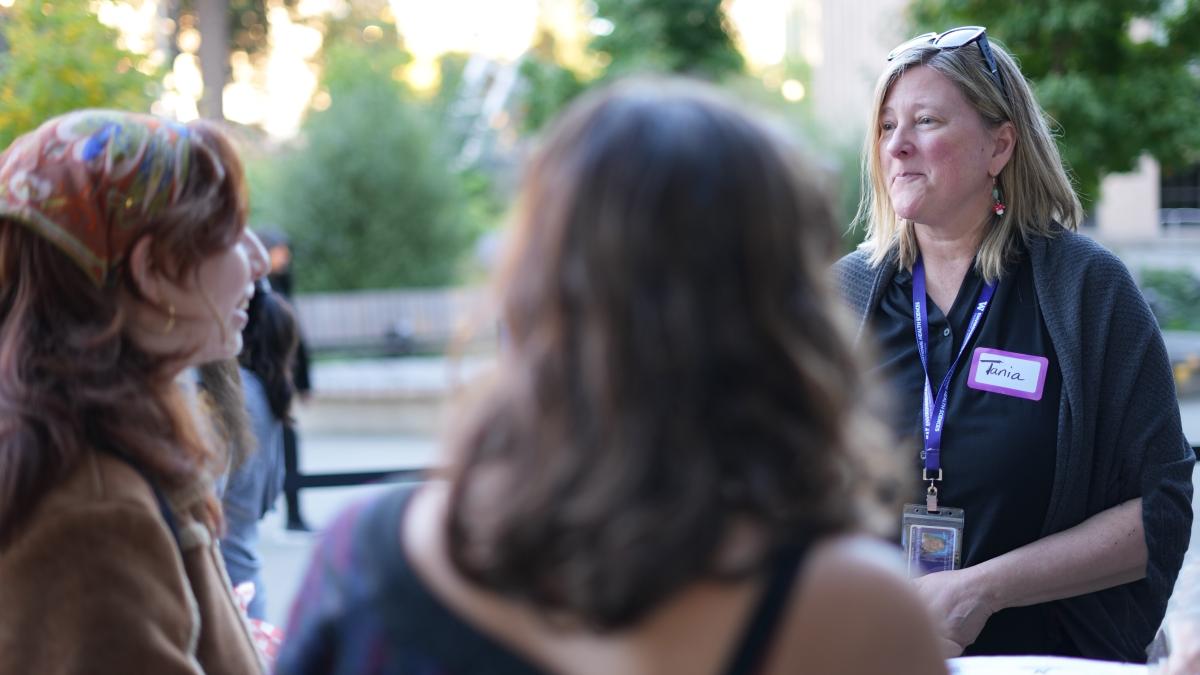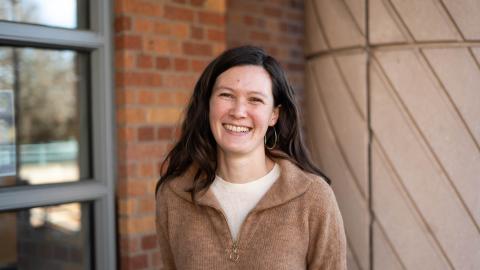The UW Department of Environmental & Occupational Health Sciences (DEOHS) recently changed the name of our Bachelor of Science degree to Environmental Public Health. To learn more about what prompted this update, and where the major can take students, we caught up with DEOHS Teaching Professor and Undergraduate Program Coordinator Tania Busch Isaksen.
1. DEOHS recently updated the name of our undergraduate major to Environmental Public Health. What inspired that change?
We've spent the last several years reviewing, making changes to, and improving our undergraduate major. The last change we wanted to make was one that sought to clarify confusion over the similarities and differences between environmental health and environmental science.
The addition of “public” into our name serves to communicate our degree's population health focus—a focus that has been at the core of the environmental health profession since before the “Great Sanitary Awakening” in the 19th century. In fact the early history of public health was significantly impacted by understanding our impact on the environment and its subsequent effect on human health.
2. A lot of students choose to become majors in DEOHS after taking your course Introduction to Environmental Health. What do you enjoy about teaching the class?
Usually I have upwards of 40+ different majors in any given offering of the class (ENV H 311). Therefore, I teach this course in a way that I hope will allow students who will never take another environmental health class again to walk away with fundamental knowledge that will help to keep themselves, their families and their communities a bit safer.
So, we talk about how to keep from getting a foodborne illness, who to call if their sewage backs up in their homes, what air quality tools to use online to check if it's safe to go biking during a wildfire smoke event, and so on—real relatable life stuff. I also try to ensure that the case studies and assessments we use to thread all the learning together are interesting opportunities to understand how important environmental public health is to environmental justice.
3. What are some of the career or academic pathways students have pursued after graduating with a BS from DEOHS?
Our students head into professional environmental public health positions at local and state health jurisdictions and consulting or other private organizations; occupational health and safety positions with private industry and government; climate, health and sustainability positions at both private organizations and government; or go on to graduate or professional school.
4. What’s something about the field of Environmental Public Health that people might be surprised by?
The field is incredibly diverse—from inspecting restaurants to training workers about the latest safety protocols. There's something for everyone. I equate it to a giant candy store: if you don't like the licorice then there's always a taffy at the next counter. The nice thing about our degree is that you walk out the door with the foundational knowledge that you can apply to any flavor of job in environmental public health.
5. What’s your favorite thing to do in Seattle on weekends?
You can find me walking the nature trails with my doggo.




